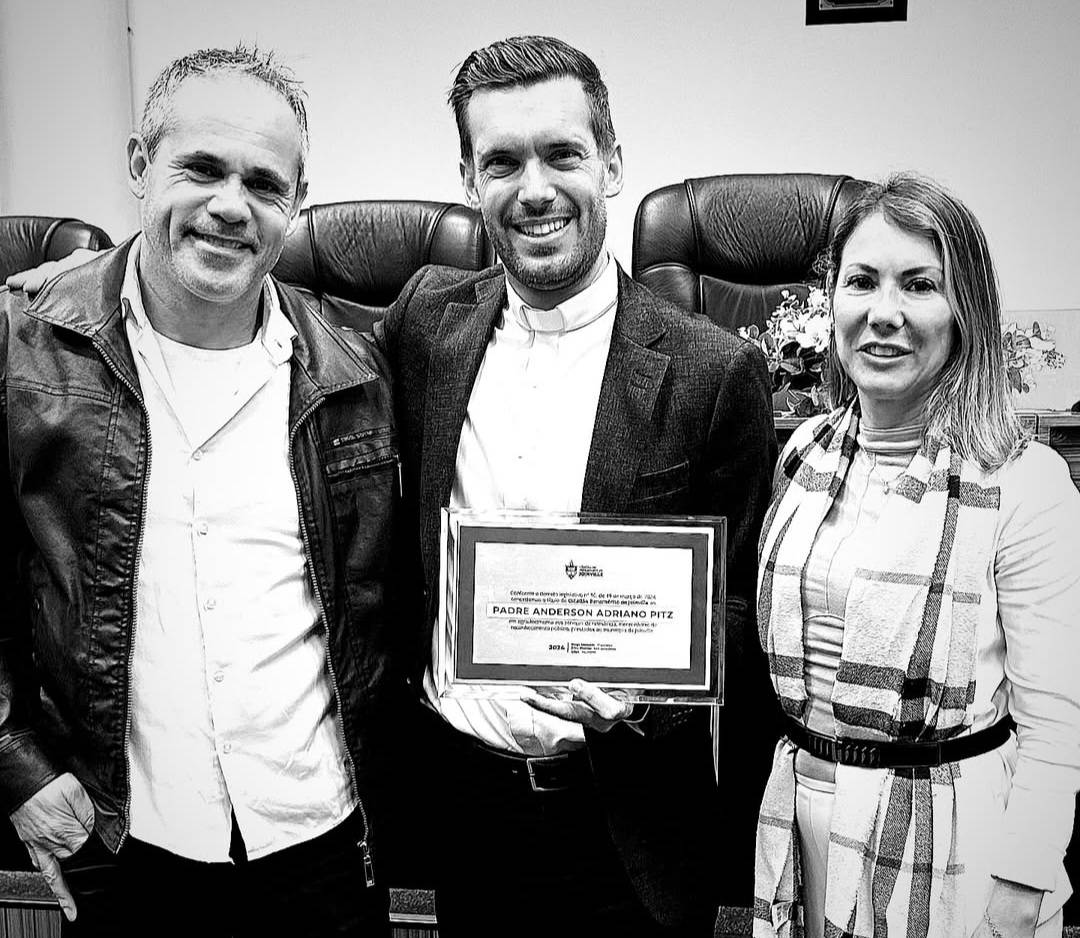SÃO PAULO, Brazil – A corruption case involving a Catholic health care provider and officials of the Rio de Janeiro state government has put the Church at the center of a financial scandal in Brazil.
At first limited to the operations of the Catholic institution Pro-Saude, the affair touched the Archbishop of Rio de Janeiro, Cardinal Orani Tempesta, who was accused of possibly “having interests” in the scheme by the former governor of Rio de Janeiro state, Sergio Cabral, who is currently in prison for bribery.
During a Feb. 26 court hearing, Cabral mentioned the social organization Pro-Saude, a Catholic institution based in Sao Paulo that manages hospitals under contract with city and state governments.
“I have no doubt there must have been [sic] a bribery scheme with the Catholic Church social organization Pro-Saude. Cardinal Orani must have had an interest in it – with all due respect to Cardinal Orani, but he had an interest in it. Pro-Saude certainly had a [criminal] funding scheme that implicated even religious people,” Cabral said.
Cabral was convicted in nine cases involving mainly corruption schemes in public construction, during his two tenures as Rio’s governor between 2007 and 2014. His sentences amount to almost 200 years in prison – and other investigations are still active.
On Feb. 25, he asked for a hearing with the judge in charge of the cases against him and declared that he wanted to tell the truth about all his crimes. His statements about the Archdiocese of Rio de Janeiro was given during that meeting. Pro-Saude executives were charged with corruption in August of 2018 and their trial hasn’t yet been concluded.
Responsible for misappropriating $14 million, the managers of Pro-Saude involved in the scheme allegedly had a deal with businessman Miguel Iskin – who had contacts among Rio de Janeiro authorities and made certain that the organization was selected to administer certain public hospitals – in exchange for 10 percent of all its expenditures with suppliers, according to prosecutors. Part of this money was purportedly paid to then-state health secretary Sergio Cortes and other officials to keep the scheme running.
Pro-Saude’s team of executives included former priest Wagner Portugal, who is cooperating with prosecutors in the investigation. In his testimony, Cabral also mentioned another priest supposedly linked to the scam, identified only as “Paulo”.
The Catholic health care provider began its operations in the State of Rio de Janeiro in 2013. In only two years, revenue jumped from $195 million to almost $400 million, half of it corresponding to the operations in Rio de Janeiro. The abrupt rise drew the prosecutors’ attention. Pro-Saude, according to them, was able to make such inroads in Rio’s health sector with Iskin’s help.
Cabral’s accusation against Tempesta brought a surprising new element to the Brazilian public – used to corruption scandals involving politicians and businessmen— although there has been no previous evidence of the cardinal’s participation in the scam.
A major weekly magazine in Brazil, Epoca, reported that Portugal was Tempesta’s right-hand man for several years, first assuming the management of public hospitals in Belem (in northern Brazil) when Tempesta was the local archbishop.
Both Pro-Saude and Tempesta denied that the graft scheme had connections with the Archdiocese of Rio de Janeiro. The institution released a statement saying that it voluntarily approached the prosecutors in 2017, after an overhaul of its executive board, and gave them sensitive information about the case. No members of the Church or Catholic institutions have improperly benefited, Pro-Saude declared.
After Cabral’s accusation, Tempesta sent a letter to Rio de Janeiro’s priests saying that he hasn’t committed any “illicit behavior.”
“I have never used my position as a cardinal and as an archbishop to require advantages for any institution,” he said.
Tempesta also denied Portugal had been his collaborator.
“The claim that a person supposedly was my right hand is false. The person mentioned in the article [Portugal] never held any office at the Archdiocese of Rio de Janeiro and does not belong to the clergy of this archdiocese,” the cardinal declared.
Pro-Saude was one of the sponsors of the World Youth Day that took place in the city of Rio de Janeiro in 2013.















